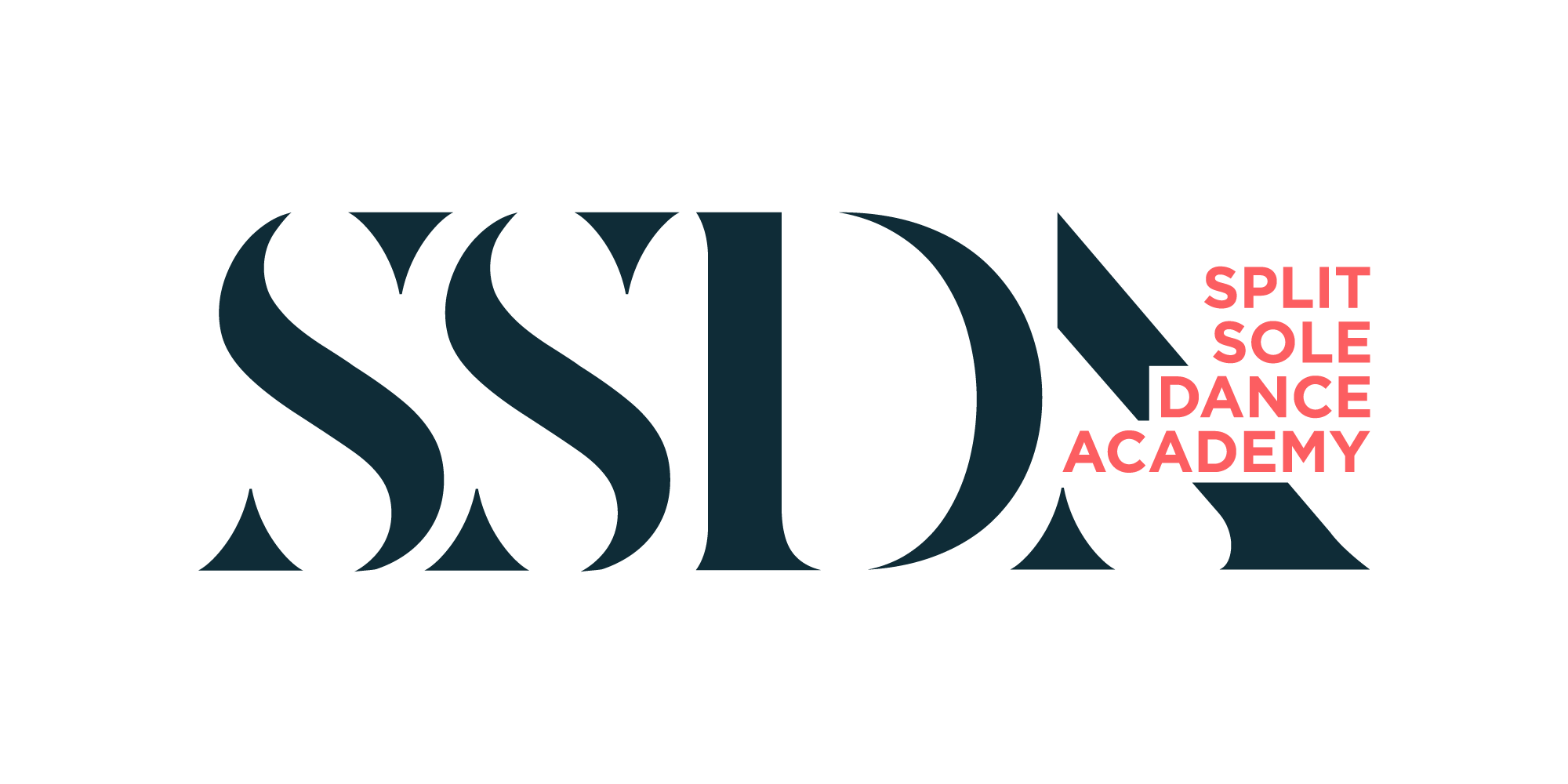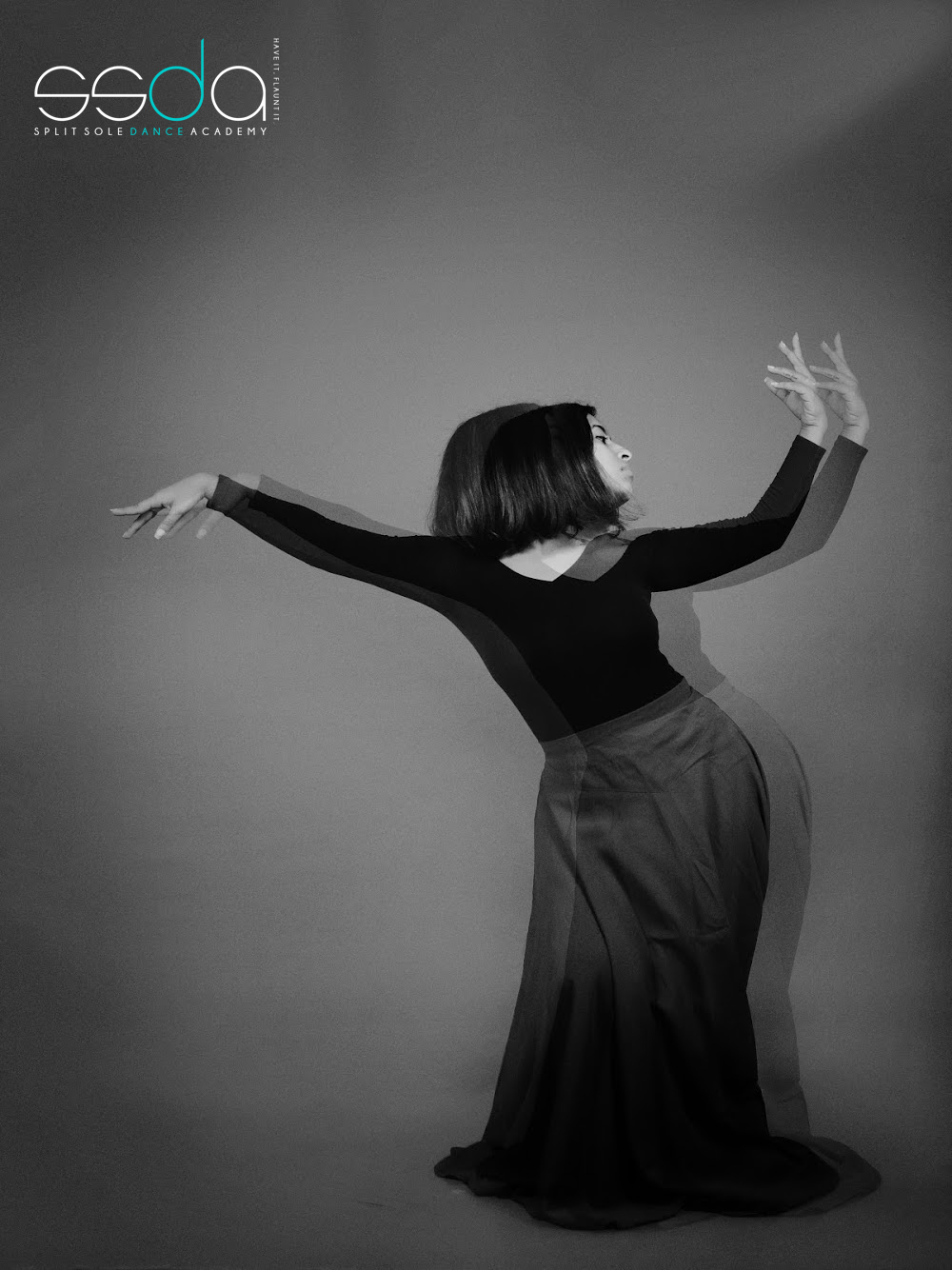We’ve always known dancing is a great way for your body to stay in shape. It can significantly improve muscle strength as well as endurance and balance. All of these things help ensure healthy longevity.
Dancing is not only fun but also a form of fitness. Even better, research has confirmed that it’s also a great way for your mind to stay in shape. Dance needs mental, physical, emotional and social skills. All of these functions working collectively can be helpful to your brain and overall health.
Because dance is a multi-tasking exercise, many studies show it can improve cognitive function and even slow the ageing process. Dancing works out your body and your brain!
The Impact of Dance on Mental Health
Studies have long shown that exercise is associated with preserving cognitive function in older adults. Dancing now ranks as one of the best exercises. Dancing may be a better form of training than traditional fitness training when it comes to slowing the symptoms of ageing. This is because of the added mental challenges required, which involve:
- Remembering dance steps
- Holding your partner the right way
- Executing turns
- Recognizing the beat
- Moving in tandem with someone or just “feeling” the beat of the music and moving on your own
- Synchronizing movement with music
There is no ambiguity that dance, in whatever form it may take, is an excellent form of exercise. Moving your body in all areas for an extended period with all the enthusiasm we can muster is great for increasing your physical health. But dancing has been proven to have a concrete influence on the mind too.
Setting foot on the dance floor, or getting jiggy at home, is an instant mood-booster and keeping up the habit can improve our confidence, body image and wellbeing.
Dance is a way of dealing with emotions and releasing them, rather than locking them in and going to the doctor with depression and anxiety.
Expressing yourself through movement may come easier than vocalising your feelings and so engaging in dance can feel quite liberating.
How to Dance Mindfully?
If the word ‘dance’ seems a little intimidating then just forget that term. Think about it as a mindful movement instead.
You might not automatically put the two practices together, but dancing and mindfulness go hand in hand.
Drawing your attention to the movements of your body, the rhythm of your chosen music, how it makes you feel and your breath as you move is, therefore, a simple way to get into a mindful mood while you dance.
How Does Dancing Affect the Brain?
Finding time to dance regularly will leave you fitter and healthier but dancing also has a few specific, and unexpected, health benefits.
One study has shown that people who dance regularly significantly reduce their risk of developing dementia or Alzheimer’s disease in later life. By exercising the mind as well as the body, dancers are 76% less likely to see a cognitive decline.
Though dancing itself should not replace help from a mental health professional. It is just one of many ways to practice healthy mental health and wellbeing.
So, get Up and get ready to groove on your favourite beats.

